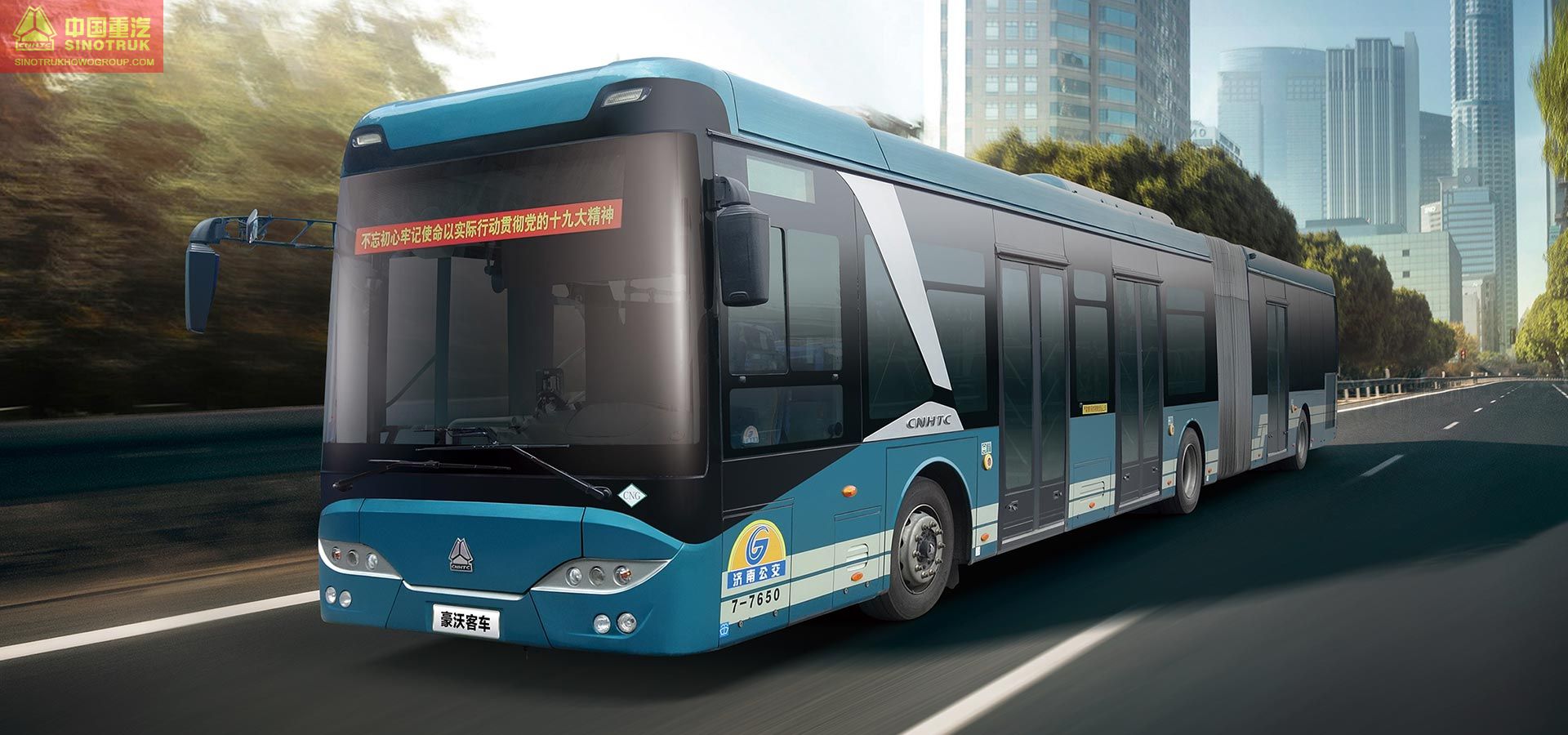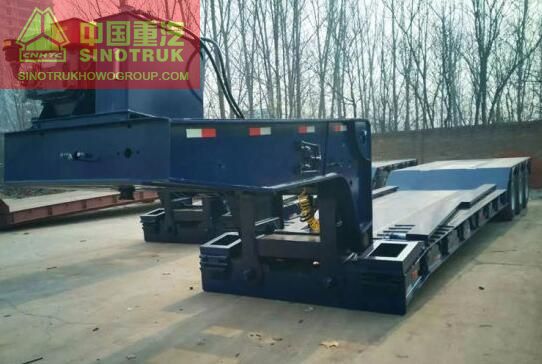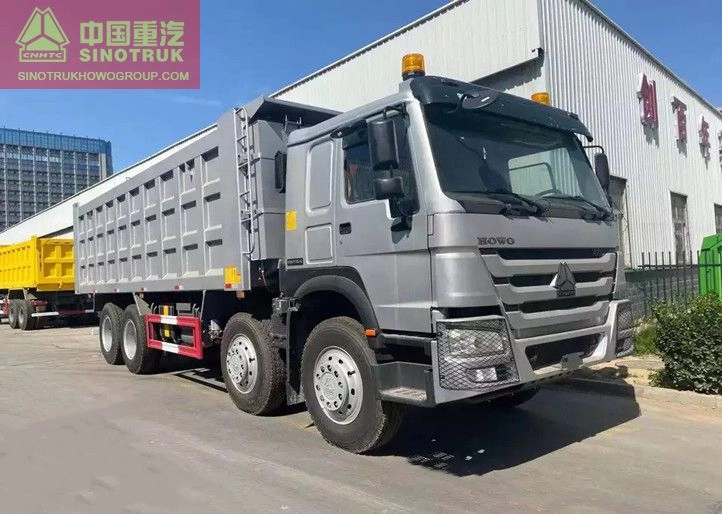saudi arabia trucks,saudi arabia truck driver jobs
- Release time:05-07-2024
- Source:Sinotruk HOWO
Catalog overview:
Saudi Arabia's Pivotal Role in the Global Truck Industry

Saudi Arabia, a key player in the global economy, is no stranger to the world of heavy-duty transportation. The kingdom's thriving construction, mining, and logistics sectors have fostered a robust demand for trucks, making the Saudi truck market a vital cog in the industry's machinery. This article delves into the nuances of the Saudi Arabian truck scene, exploring its growth, challenges, and innovations.
1. A Thriving Market: Saudi Arabia's Truck Industry
The Saudi truck market has seen significant growth over the years, fueled by the country's ambitious infrastructure projects and the expansion of its oil and gas industry. According to a report by ResearchAndMarkets, the Saudi Arabian commercial vehicle market, including trucks, is expected to grow at a CAGR of 5.5% from 2021 to 2026. This growth is attributed to the government's Vision 2030 plan, which aims to diversify the economy and boost non-oil sectors.
2. Challenges and Opportunities
Despite the promising outlook, the Saudi truck industry faces challenges such as high import taxes, strict emission norms, and a shortage of skilled drivers. these obstacles also present opportunities for innovation and localization. For instance, manufacturers are investing in electric and hybrid trucks to meet stricter environmental regulations. A case in point is Volvo Trucks, which recently introduced its electric models in the region, showcasing the industry's commitment to sustainable solutions.
3. Technological Advancements and Digital Transformation
In line with global trends, the Saudi trucking sector is embracing digital transformation. Fleet management systems, telematics, and autonomous driving technologies are revolutionizing operations, improving efficiency, and reducing costs. For example, Daimler Trucks' 'Future Truck 2025' project demonstrates the potential of autonomous driving in the industry, highlighting Saudi Arabia's potential as a testing ground for such advancements.
4. The Road Ahead: Policy and Infrastructure Developments
The Saudi government's focus on infrastructure development, including the expansion of road networks, is expected to boost the truck market further. The planned NEOM megacity, with its advanced transport systems, is a testament to this commitment. regulatory reforms, such as the easing of foreign ownership rules, are attracting more international players, fostering competition and innovation.
A Resilient and Evolving Sector
the Saudi Arabian truck industry is a dynamic sector, adapting to changing market conditions and embracing technological innovations. Despite the challenges, the industry's resilience, coupled with government support and a commitment to sustainability, points to a promising future. As the kingdom continues to diversify its economy and invest in infrastructure, the truck market is poised for sustained growth, solidifying Saudi Arabia's position as a major player in the global truck industry.
saudi arabia truck driver jobs
Truck Driving Opportunities in Saudi Arabia: A Booming Industry
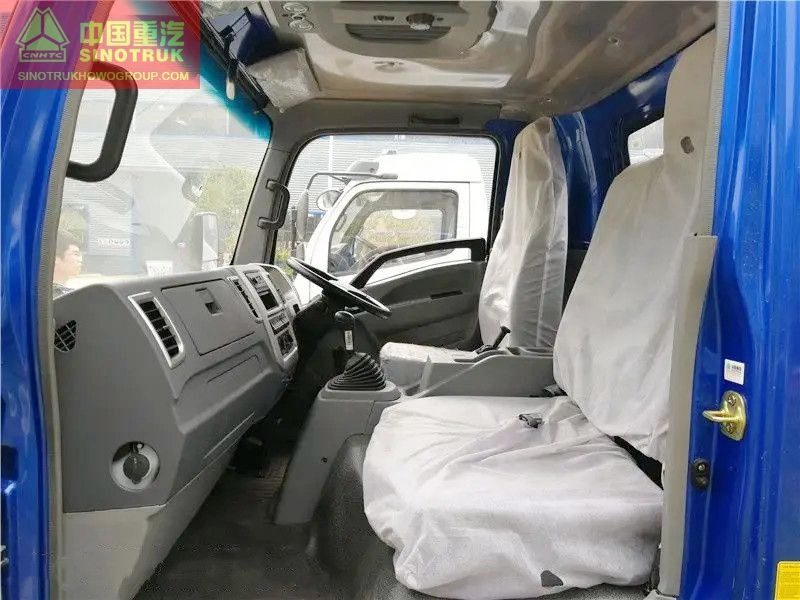
Saudi Arabia, a country known for its vast deserts and thriving oil industry, is witnessing a significant growth in its transportation sector, particularly in truck driving jobs. This expansion is driven by the country's ambitious infrastructure development projects and the need for efficient logistics networks to support its economic diversification plans.
The Role of Truck Drivers in Saudi's Economic Growth
The backbone of any economy is its transportation network, and in Saudi Arabia, truck drivers play a pivotal role in connecting the dots. They are responsible for transporting goods from ports to distribution centers, construction sites, and retail outlets across the nation. With the launch of Vision 2030, a strategic plan to reduce dependence on oil and diversify the economy, the demand for skilled and experienced truck drivers has surged.
Requirements and Qualifications for Saudi Truck Driving Jobs
To qualify for a truck driving job in Saudi Arabia, candidates typically need a valid commercial driver's license (CDL), a clean driving record, and a minimum of two years of driving experience. Many companies also require a basic understanding of English for communication with clients and colleagues. Some, like Saudi Aramco, provide specialized training for heavy vehicle operation and safety procedures.
Life as a Truck Driver in Saudi Arabia
Life on the road as a truck driver in Saudi Arabia can be both challenging and rewarding. Long-haul drivers often spend weeks away from home, navigating through the country's extensive highway network. they are also offered competitive salaries, health benefits, and opportunities for career advancement. Many companies provide comfortable living quarters and rest stops for their drivers, ensuring their well-being.
Opportunities and Challenges in the Saudi Trucking Sector
While the demand for truck drivers is high, the industry faces challenges such as driver fatigue, road safety, and the need for more efficient logistics. To address these, the Saudi government is investing in modernizing road infrastructure and implementing safety regulations. the industry is exploring the potential of technology, including GPS tracking and autonomous vehicles, to enhance efficiency and driver safety.
A Promising Future for Truck Drivers in Saudi Arabia
the truck driving profession in Saudi Arabia presents a wealth of opportunities for those seeking a stable career in the transportation sector. With the country's ongoing development and commitment to modernization, the role of truck drivers is set to remain integral to the Saudi economy. As the industry evolves, it will continue to offer not only jobs but also a platform for professional growth and contribution to the nation's progress.
saudi arabia truck market
Introduction to the Saudi Arabia Truck Market
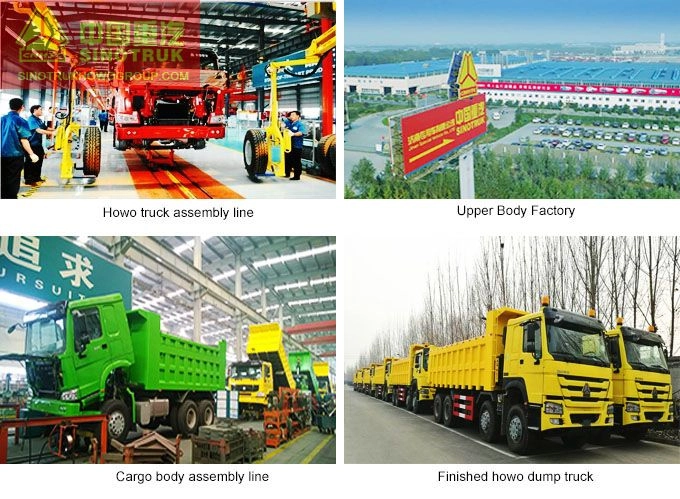
Saudi Arabia's truck market, a crucial segment of the country's logistics and construction sectors, has been witnessing significant growth in recent years. Driven by infrastructure development, increasing e-commerce activities, and government initiatives, the industry is poised for further expansion.
Infrastructure Development and its Impact
The Saudi Vision 2030, a strategic plan to diversify the economy, has fueled the demand for heavy-duty trucks. Large-scale construction projects, such as the NEOM smart city and the Red Sea Project, are spurring the need for efficient transportation solutions. For instance, companies like Volvo Trucks and Daimler have reported increased sales due to these infrastructure developments.
Role of E-commerce in the Truck Market
The booming e-commerce industry is another catalyst for the Saudi Arabia truck market. As online shopping trends surge, the demand for delivery trucks and logistics services is on the rise. Amazon Saudi Arabia, for example, has significantly increased its fleet to cater to the growing demand for fast and reliable deliveries.
Government Policies and Regulations
The Saudi Arabian government has introduced policies to promote the adoption of modern, fuel-efficient trucks. The National Transformation Program (NTP) aims to improve the transportation sector's efficiency, encouraging the use of electric and hybrid vehicles. This has led to a shift towards more sustainable and technologically advanced truck models.
Challenges and Opportunities
Despite the growth prospects, the market faces challenges like high ownership costs, strict emission norms, and a reliance on imported vehicles. these challenges present opportunities for local manufacturers to innovate and cater to the domestic market. For instance, Almajdouie, a local company, has ventured into manufacturing trucks to meet the domestic demand.
The Future of the Saudi Arabia Truck Market
the Saudi Arabia truck market is on a growth trajectory, backed by infrastructure projects, e-commerce boom, and supportive government policies. While challenges persist, they offer potential for innovation and localization. As the market continues to evolve, it is expected to attract more investments and foster the development of a robust and sustainable transportation infrastructure in the kingdom.


